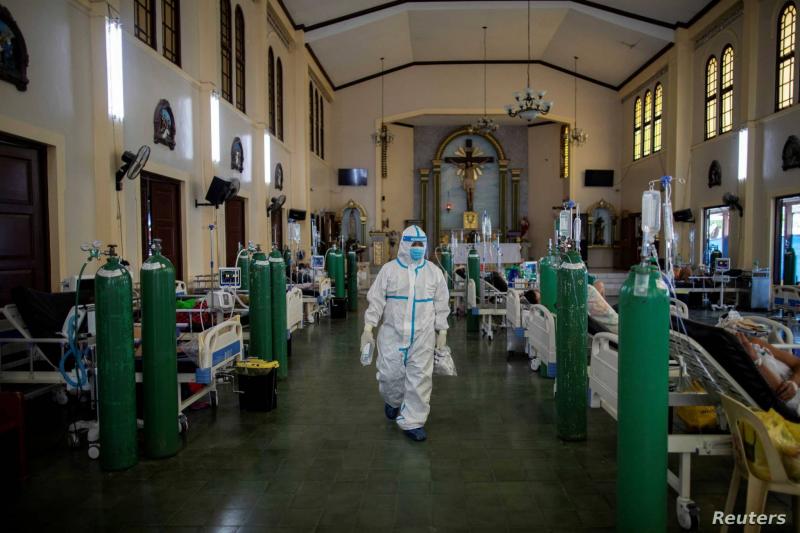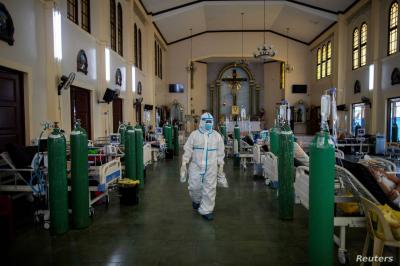Under the title "Did the Delta Variant Kill the Dream of Herd Immunity? Experts Respond," Alhurra reported that with the ongoing widespread circulation of the Delta variant, experts are questioning whether the long-term goal of achieving herd immunity against the coronavirus through vaccination is still feasible. Herd immunity is reached when a certain percentage of the global population is vaccinated against a pathogen or recovers from infection. Questions have arisen about the possibility of achieving this amid the emergence of new variants of the virus.
"If the question is whether vaccination alone will allow us to control the pandemic?" Epidemiologist Mircea Sofonia told AFP that the answer is "no." She added that herd immunity relies on two main factors: the virus's transmissibility and the vaccines' effectiveness. Research has shown that the Delta variant of the coronavirus is almost 60% more transmissible than the Alpha variant and roughly doubles the transmission rate of the original strain that emerged in late 2019. Researchers emphasized that the more effective the virus is at infecting people, the higher the threshold for herd immunity.
Epidemiologist Antoine Flahault explained, "It's theoretically a very simple calculation." He noted that for the original virus, which had a reproduction rate between zero and three—meaning each infected person could infect up to three others—herd immunity could be achieved by vaccinating approximately 66% of the population. However, he continued, "if the reproduction rate is eight, as it is with Delta, it would take 90% vaccination for herd immunity." This is deemed impossible.
According to data released by U.S. authorities this week, the effectiveness of the Pfizer and Moderna vaccines at preventing infection has declined from 91% to 66% since the Delta variant became dominant. Studies have shown that the vaccine's effectiveness against Delta decreases over time, prompting many countries to announce booster doses. Sofonia indicated that in the absence of other health measures such as mask-wearing or social distancing, it would require vaccinating 100% of the population to ensure the end of transmission, which is impossible.
"However, even if the legendary dream of achieving herd immunity is no longer valid, getting vaccinated remains very important," said Andrew Pollard, director of the Oxford Vaccine Group. Similar to vaccines against currently endemic diseases like measles and influenza, COVID-19 vaccines provide excellent protection against severe symptoms of the virus. Flahault stated, "What scientists recommend is to protect as many people as possible through vaccination." He added, "Ultimately, of course, all pandemics do come to an end."
Sofonia confirmed that it is still possible for COVID-19 to become endemic over time. Scientists envision that in the near future, people will continue to use masks and practice social distancing in certain areas to limit disease transmission. Flahault remarked, "During the AIDS pandemic, when scientists said we needed to wear condoms, many people said: fine, we'll do it for a while. In the end, they continued using them. It is possible that we will keep wearing masks in enclosed spaces and on public transport for some time."




